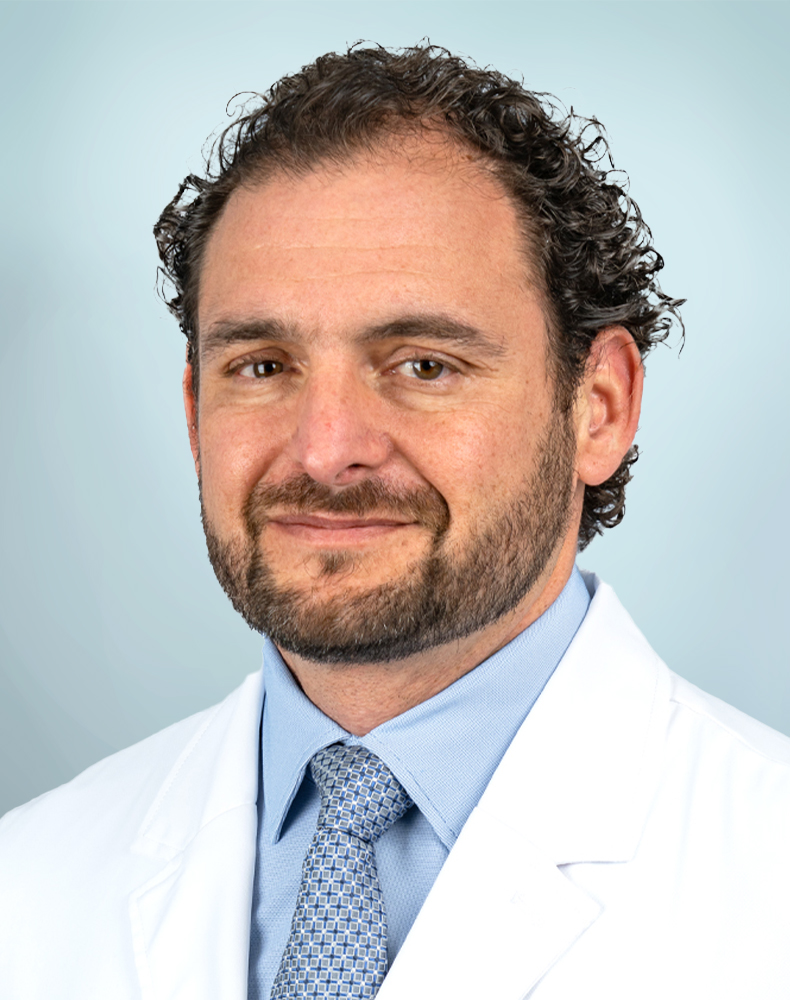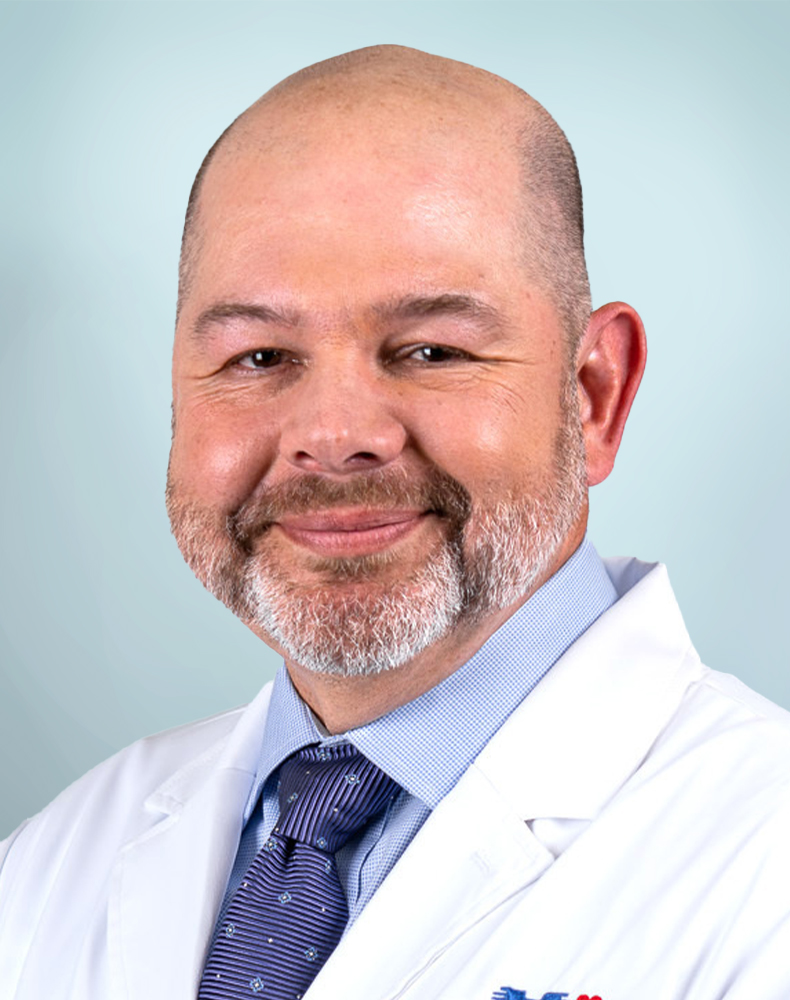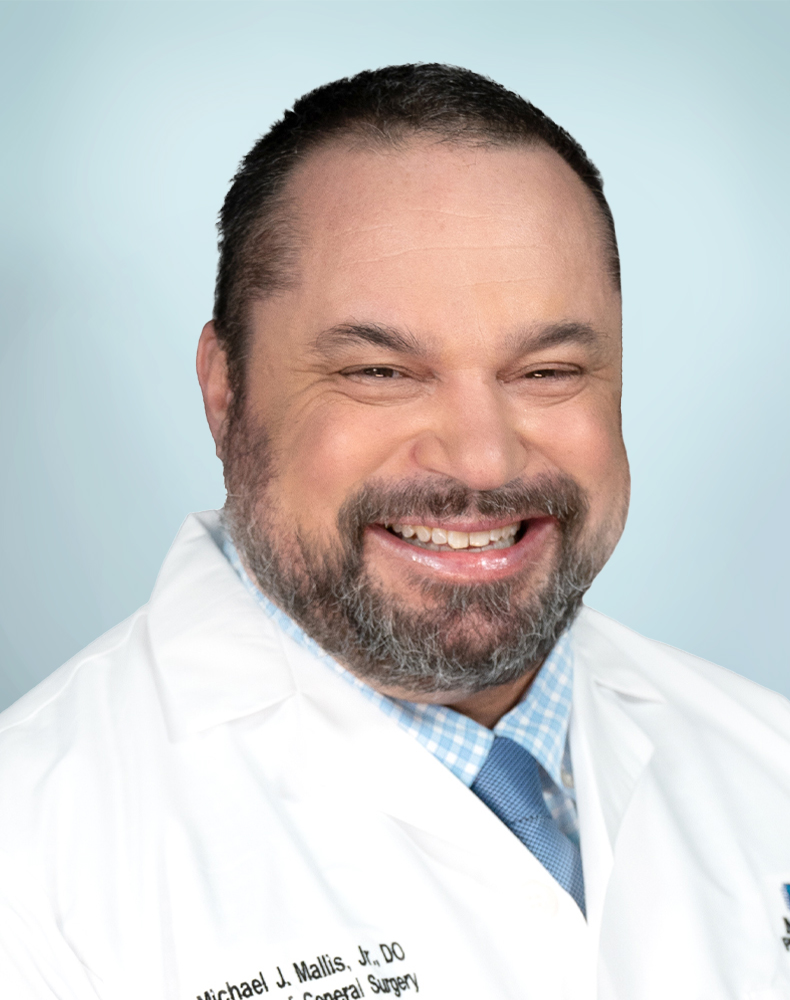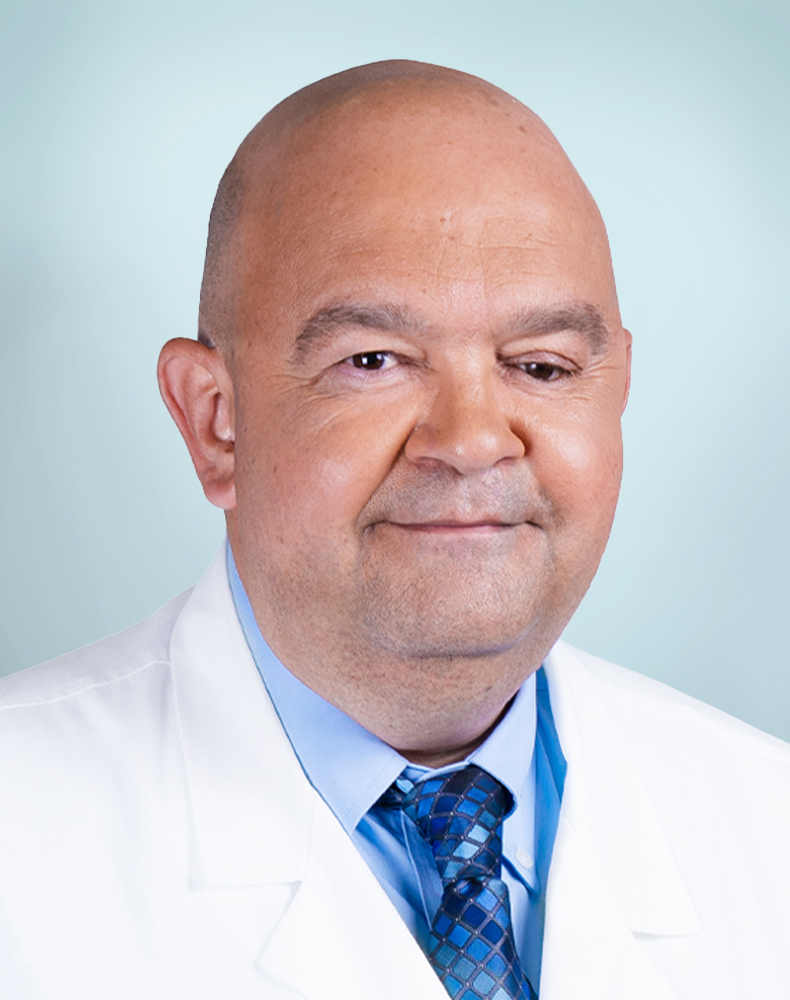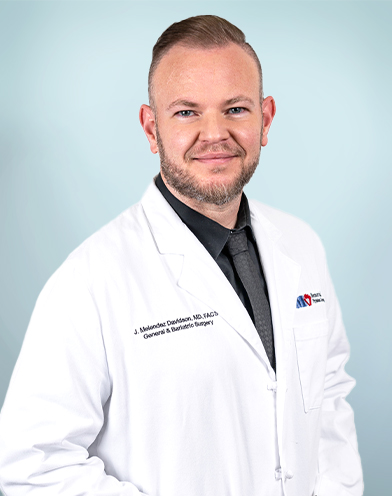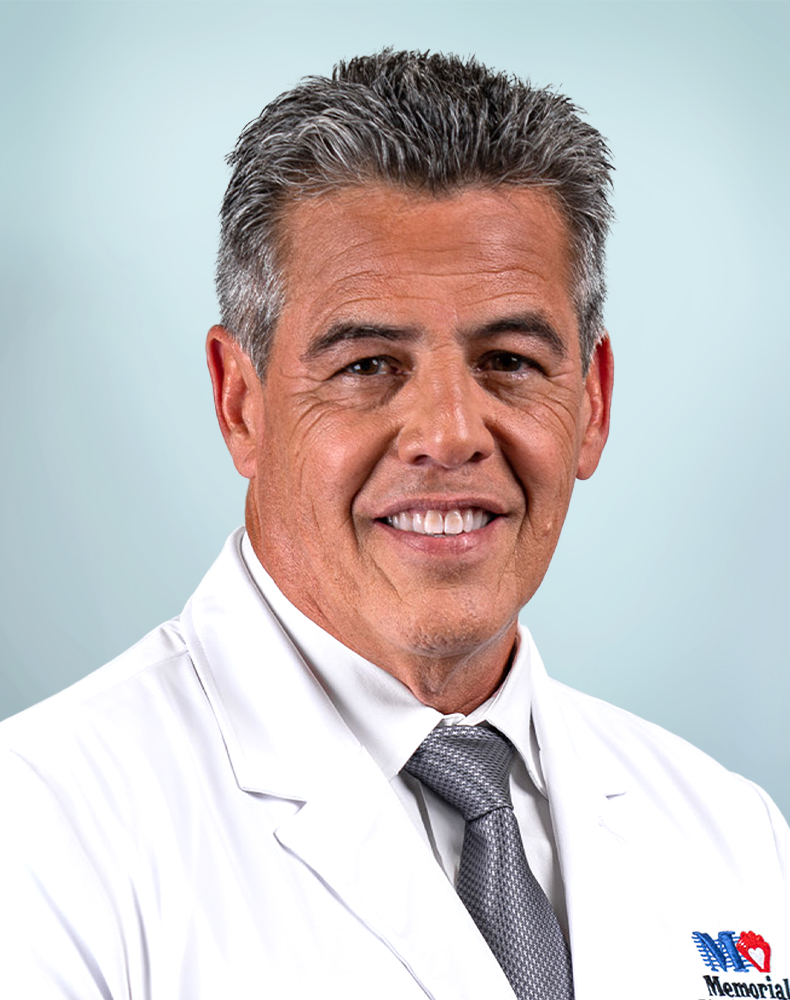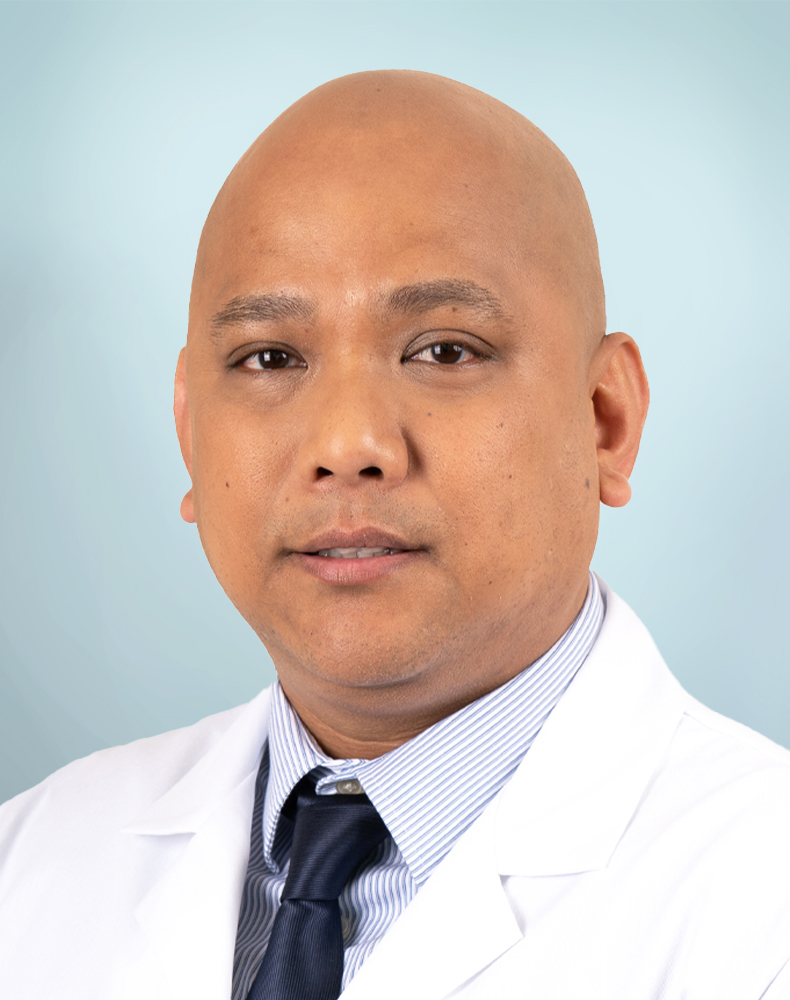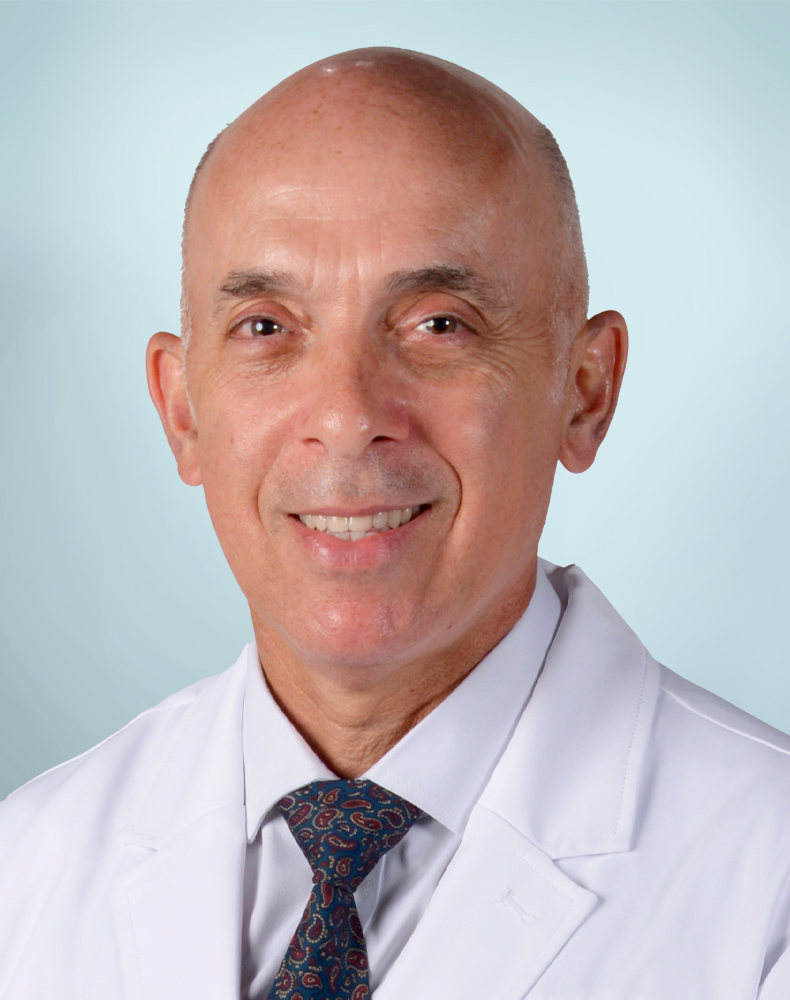Small Bowel and Colon Surgery
Our general surgeons have extensive experience with small bowel and colon surgery for colon cancer and other benign and malignant diseases of the colon.
Explore our Small bowel and Colon Surgery Services
General surgeons at Memorial Healthcare System have extensive experience in many different small bowel and colon procedures. Our surgeons use advanced minimally invasive surgery whenever possible to provide better outcomes and shorter recovery.
Call us to schedule an appointment with one of our surgeons
954-276-7874Small Bowel and Colon Surgery: Why Choose Memorial Healthcare System?
Our general surgeons are highly trained in a variety of surgical conditions and methods. Choose our hospitals for:
Convenience: We have multiple hospitals with experienced surgeons throughout Broward County in South Florida. You can get convenient care close to home.
Experience: All our surgeons have advanced training in minimally invasive surgery, as well as traditional open surgery. We perform thousands of surgeries every year using these techniques.
Patient- and family-centered care: We put patients and their families at the center of our care. Our approach helps you make the right treatment decisions and get the care you need from a team of caring providers.
Conditions We Treat with Colon and Small Bowel Surgery
Our surgeons treat a variety of conditions that affect the small bowel, colon and rectum. These include both benign (noncancerous) and malignant (cancerous) diseases of the colon, including:
This is the fourth most common cancer in the United States. It occurs when polyps (a growth of cells along the intestine wall) become cancerous tumors. Not all polyps will become cancerous but removing suspicious polyps in surgery can reduce the risk of cancer.
This cancer is rare, but it affects the digestive system that carries food between the stomach and large intestine. The cause is malignant tumors or growths in the small intestine.
Call us to schedule an appointment with one of our surgeons
954-276-7874Types of Small Bowel and Colon Surgery We Offer
Our surgeons have comprehensive training in advanced minimally invasive surgery. We perform thousands of minimally invasive laparoscopic and robotic procedures every year. Minimally invasive techniques can reduce the time you spend in surgery, minimize pain after surgery and speed up your recovery.
When you meet with our surgeons, we discuss the diagnosis and find the best option for treatment, which may include:
Collaborative Surgery Care for Small Bowel Cancer and Colon Cancer
When performing surgery to treat small bowel and colon cancer, surgeons collaborate with colorectal cancer specialists throughout Memorial Healthcare System, including:
- Medical oncologists: Doctors with specialized training in diagnosing and treating cancer, including small bowel and colon cancers. Medical oncologists create treatment plans to stop or slow the spread of cancer.
- Pathologists: A trained medical provider who looks at tissue samples (biopsies) to diagnose a condition. We work with pathologists to determine whether tissue samples from the colon and small bowel are benign or malignant.
- Radiation oncologists: A medical provider with advanced training creating and administering radiation treatments for cancer. Radiation therapy is a high dose of intense energy directed to a specific part of the body to kill cancer cells.
Coordinated care between our surgeons and oncology team ensures you get the best treatment after a cancer diagnosis. We work with your care team to determine the best time to perform surgery to remove cancerous tumors or polyps.
Diagnosing Small Bowel and Colon Conditions
There are three ways doctors diagnose conditions affecting the small bowel and colon:
- Endoscopy procedures: Doctors use a long, flexible scope with a camera and a light to examine the small bowel and colon. They may also take tissue samples (biopsy) that go to a lab for analysis and help diagnose certain conditions. One of the most common endoscopy procedures is a colonoscopy.
- Imaging tests: Doctors may use X-ray, CT scans or magnetic resonance (MR) enterography tests to look for signs of inflammation. MR enterography is a type of MRI that uses contrast dye to look at the small intestine.
- Laboratory tests: These include blood tests and stool studies to check for signs of infection. They can also detect things like bacteria, viruses or parasites that can cause bowel and colon disease.
Call us to schedule an appointment with one of our surgeons
954-276-7874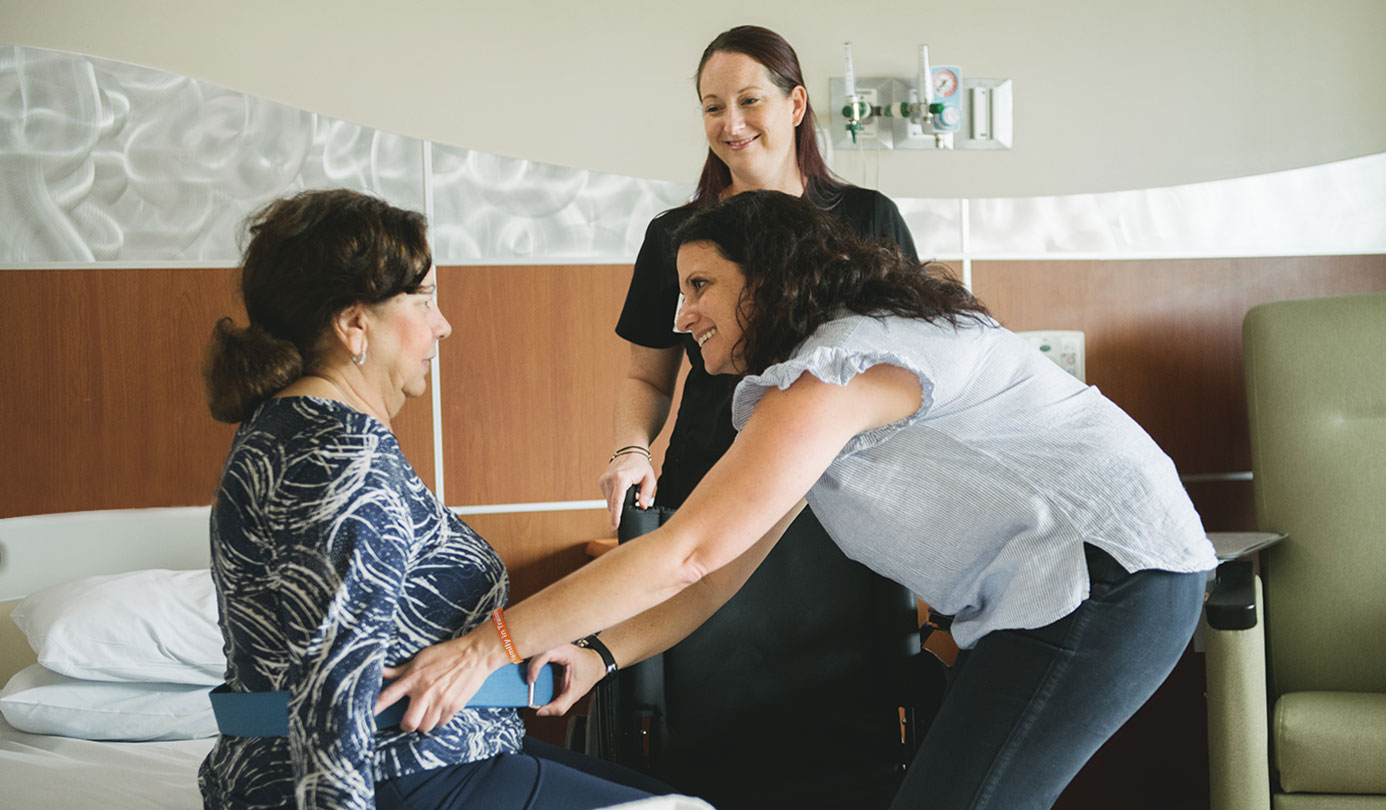
Patient- and Family-Centered Care
We treat patients and family members as partners in healthcare.




